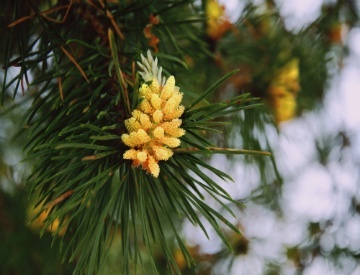 Each spring, when the snow is thawing, allergy experts start making predictions about the spring allergy season. In many years the predictions might be accurate, but there really is no reliable way to predict exact pollen counts from trees in Kansas City based upon winter weather. Nonetheless, winter weather does impact pollen counts.
Each spring, when the snow is thawing, allergy experts start making predictions about the spring allergy season. In many years the predictions might be accurate, but there really is no reliable way to predict exact pollen counts from trees in Kansas City based upon winter weather. Nonetheless, winter weather does impact pollen counts.
A warmer winter usually signals an earlier pollen season because once the winter passes, the pollen starts to produce and allergy season begins. Additionally, there is a relationship between the amount of winter snow and rain, and pollen counts. The more moisture trees get, the more pollen they can produce. Pollen counts can be delayed by longer winters.
Trees that are hit by winter snow and rain will shed more pollen, even if they have received tree growth regulation services. As the weather becomes warmer, and drier, pollen becomes more of a problem for allergy sufferers.
If you want to know more about tree pollen in Kansas City, please contact us.
©iStockphoto.com/Tntk
